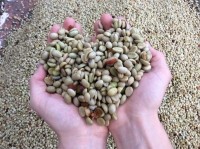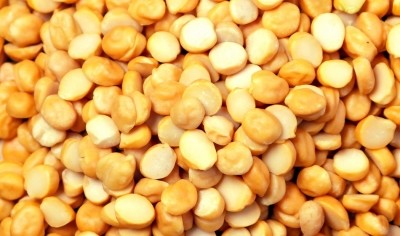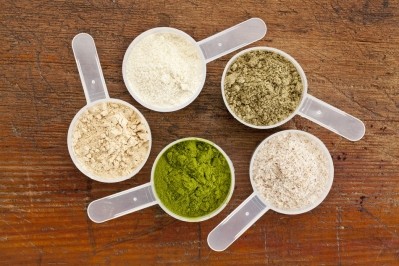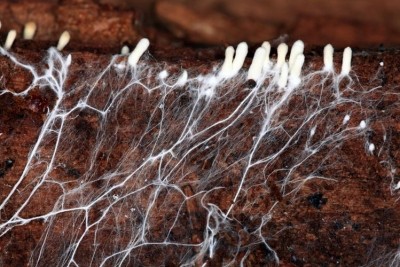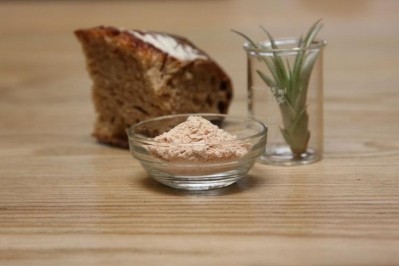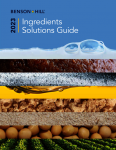Protein from coffee? Applied Food Sciences introduces CoffeeProtein to plant-based protein market

Applied Food Sciences (AFS) specializes in functional ingredients from botanical extracts and has been working in coffee extraction since 2001.
Coffee and its various compounds (e.g. caffeine, antioxidants) and possible product applications (coffee flour, coffee fruit 'cascara' beverages) have made it a popular ingredient for the food and beverage industry.
"Everybody has organic coffee extract. In fact, green coffee extract is one of the most commoditized extracts around, but very few people have started to dabble in the other extracts that are found in coffee," Brian Zapp, director of marketing at Applied Food Sciences (AFS), told FoodNavigator-USA.
"We’ve decided to look at this plant-based protein side of the story and found that coffee beans are a decent source of protein (30% caffeine-free protein)."
This discovery led to the development and launch of the company's CoffeeProtein ingredient launched at SupplySide West show in Las Vegas earlier this month.
'Protein from coffee' has trustworthy appeal
AFS believes that consumers' familiarity will work in favor of CoffeeProtein despite it having a lower protein content compared to other protein sources.
"We thought opposed to these lupin and more obscure pea proteins, that consumer familiarity with coffee would be a really strong element with this product," said Zapp.
CoffeeProtein is a 'whole food protein' (as opposed to an isolate) meaning it provides other phytonutrients such as antioxidants and fiber and a 30% caffeine-free protein content.
"It’s not the highest in the world, but we think the familiarity will encourage application," Zapp noted.
Excellent sensory profile
Added protein is showing up in all sorts of products from RTD beverages such as cold brew coffees and draft lattes to crackers, cookies, and gummies, noted AFS. In fact, the number of global food and beverage launches featuring protein grew by +26% CAGR between 20145 and 2018, according to Innova Market Insights.
One of the obvious applications for CoffeeProtein the company foresees is in protein fortified coffee beverages, according to Zapp.
"In our opinion, coffee protein for coffee products, it’s just one of the immediate, low hanging fruits," he said.
However, Zapp noted that while the market is "jam-packed" with protein products, there's a growing interest in more moderate amounts of added protein, which tend to taste better, Zapp said.
"Where a lot of product development is headed is in fortifying more than usual servings of protein in everything, but anything that’s jam packed with protein usually leaves little to be desired with taste. It’s just kind of this chalky, unfulfilling experience," he said.
CoffeeProtein, on the other hand, has a favorable sensory profile compared to many other plant-based protein sources, according to Zapp.
"Plant proteins in general tend to be bitter, have a lot of astringency, and that’s one of the rubs of working with botanical ingredients. When you break down the coffee as naturally as you can to just the actives, it’s really not bitter, it profiled mores like a nut protein. Instead of gritty mouthfeel, it’s very smooth and creamy," said Zapp.
"Just hearing ‘coffee protein’, sounds delicious."
Sustainability and transparency story
AFS is vertically integrated and has its hands on every step of sourcing. The company sources all of its coffee from southern India where AFS enforces strict criteria for its partner companies such as a fair living wage and proper safety training for coffee farmers, and regenerative agricultural practices.
"The bar keeps raising as far as what our standards are in terms of ethical and sustainable sourcing," said Zapp.
